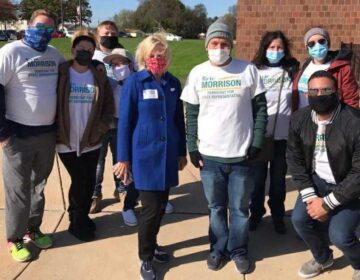‘Someone who is fighting for me’: Delaware’s LGBTQ community reacts to new political representation
Delaware’s LGBTQ community celebrates the election of the first transgender person, first openly gay man, and its second lesbian woman, in the General Assembly.
Listen 1:58
Rachel Garcia, 36, in Bear (right), with partner Ariel Harmon. (Courtesy of Rachel Garcia)
On Tuesday night, Delaware made history by electing its first transgender state senator, Sarah McBride. Voters also elected the state’s first openly gay man, Eric Morrison, into the state House, and its second lesbian woman, Marie Pinkney, into the state Senate.
WHYY’s Zoë Read spoke with members of Delaware’s LGBTQ community to discuss what the election means to them.
Jay-Xavier, 34, and Amber Lee, 36 | Ellendale
As a Black transgender man, Jay-Xavier was elated by the election results. It even inspired him to consider public office in the future. The results also give young people hope, Jay-Xavier said.
“I mentor transgender youth. A lot of the emails I got were that they feel empowered, they no longer feel unheard, they finally see a reflection of themselves, and they’re inspired and want to push forward, and don’t feel defeated anymore,” he said.
“I definitely needed that as a child. I think my transition would have gone differently. I think I wouldn’t have had so much depression, anxiety and suicidal thoughts if I had seen more reflections of myself growing up. So I think this is going to be positive for our youth, especially the ones that are struggling.”
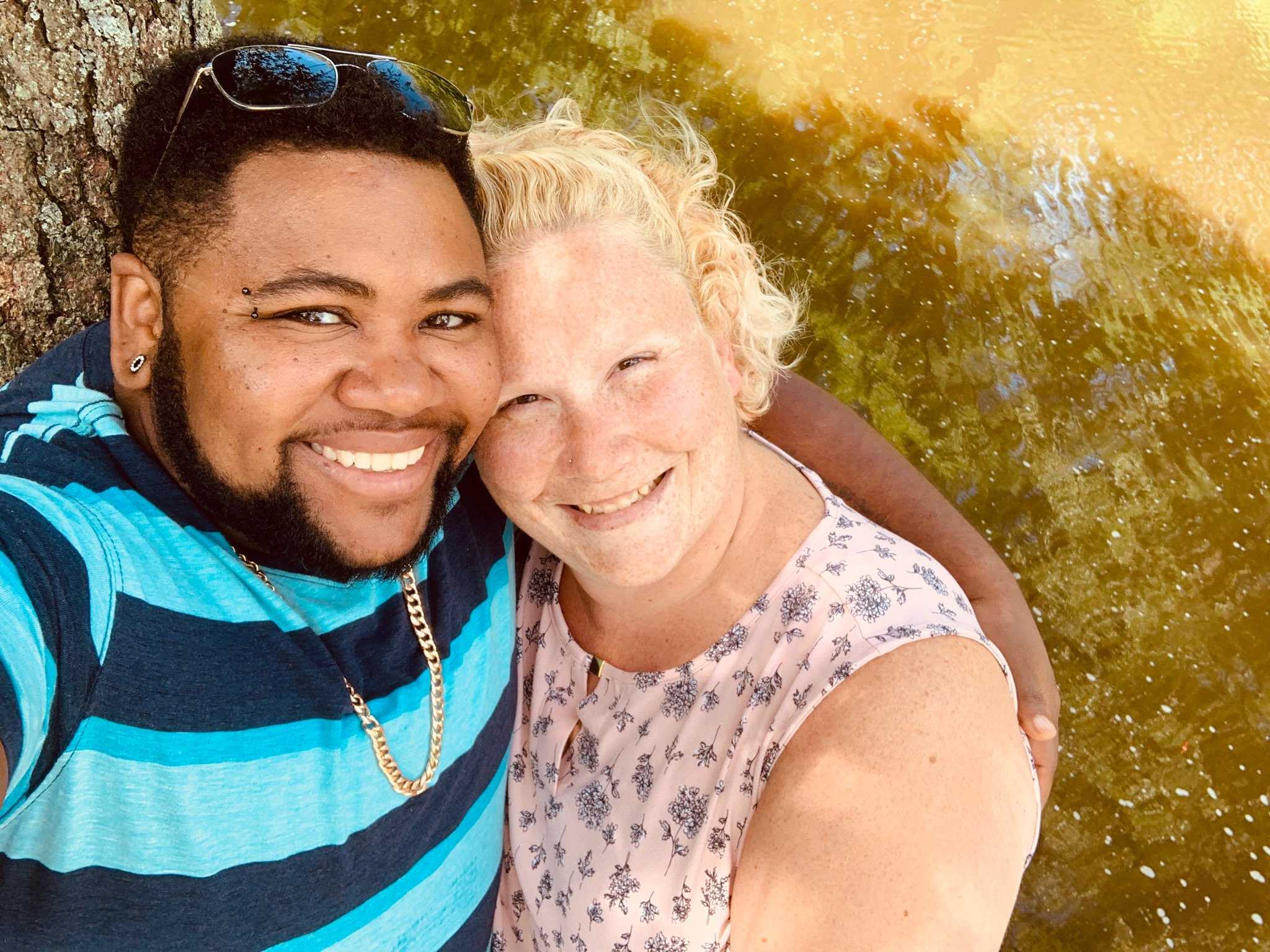
His partner Amber Lee also said the election gave her hope.
“For me, I was very happy, after seeing Jay struggle as a state employee and what he has gone through,” Lee said. “I think it will give more of an approach to trauma-informed care so the LGBTQ community can be treated better in the workplace.”
In 2013, Delaware passed a law that forbids discrimination against a person on the basis of gender identity. However, Jay-Xavier said he continued to face discrimination at his job, and it took an entire year following the bill’s passage to get his workplace to respect his chosen name. Despite reaching out to lawmakers, he said, the discrimination was not addressed.
“It means I have someone who is fighting for me, who knows my daily struggles as a transgender person, what my health and medical needs are, what others like me go through in the workplace, or struggles with housing, or just having to go to the hospital or primary doctor and be myself,” he said.
Barbara Antlitz, 59 | Rehoboth
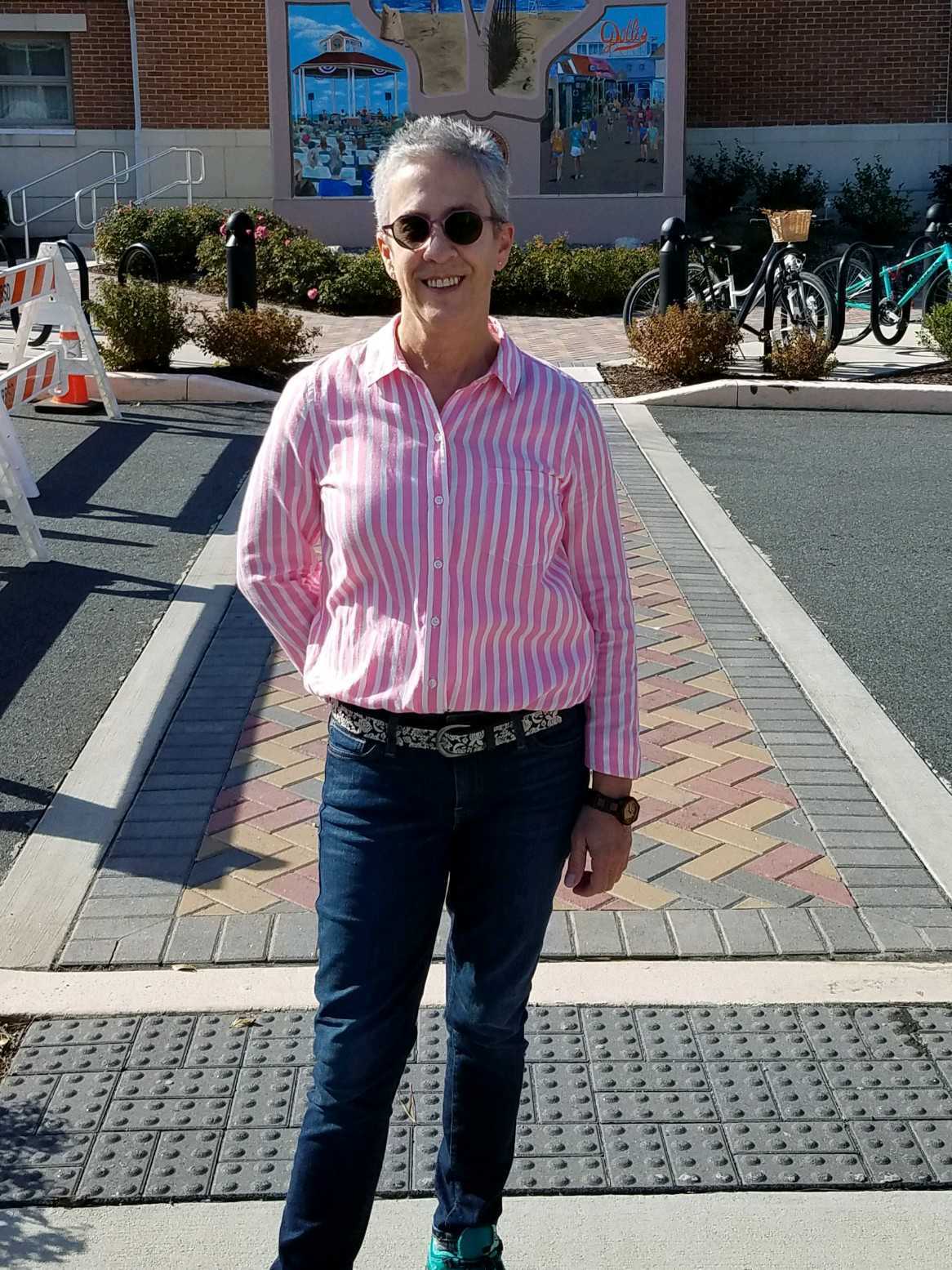
Barbara Antlitz said Tuesday night’s results represent the diversity of the LGBTQ+ community.
“Not only do you have a white transgender [person], you have an African American lesbian, and a white gay guy. How cool is that?” said Antlitz, who is lesbian. “But I think the other important component is we are more progressive than we think we are. We have three people, not only are they members of the community, but they are pretty progressive young people. We still have much more advocacy work to do, a lot more education to do, but we’re making small steps to do that.”
She said LGBTQ youth now know there are politicians who will support them.
Nationally, the Trump administration rolled back LGBTQ rights, including eliminating an Obama-era regulation prohibiting discrimination in health care against patients who are transgender, and upending previous DOJ interpretations of the Civil Rights Act that protect transgender and non-binary workers from employment discrimination. The Supreme Court recently ruled that workers can’t be fired for being gay or transgender, however.
The Human Rights Campaign points to a long list of actions that have been taken that hurt the LGBTQ community under the Trump administration. President Donald Trump was not re-elected, but Republican control of the Senate may hinge on Georgia’s two runoff races in January, offering Democrats a narrow path to a Senate majority.
There’s also a case in the Supreme Court about a Philadelphia adoption agency that wants to turn away same-sex couples. It’s the first major dispute to come before Justice Amy Coney Barrett, who was confirmed to the court in October. Her views on LGBTQ rights and religion have come under scrutiny, and the LGBTQ community fears their rights will be in jeopardy.
“They see that, they fear that, they fear what they see and how they’re handled in schools, being bullied. Will they continue that when they go to university or college or the workplace? ‘Am I being protected?’ ‘Am I going to be discriminated against?’ We can respectfully challenge the mindset of others, and educate others,” said Antlitz, who works as a coordinator for LGBTQ advocacy group CAMP Rehoboth.
“For the young people who see Sarah McBride or other people who are out and being who they were born to be, it gives the kids hope, it gives the kids pride, it gives the kids self-esteem, it gives them a voice.”
Salvatore Seeley, 46 | Rehoboth
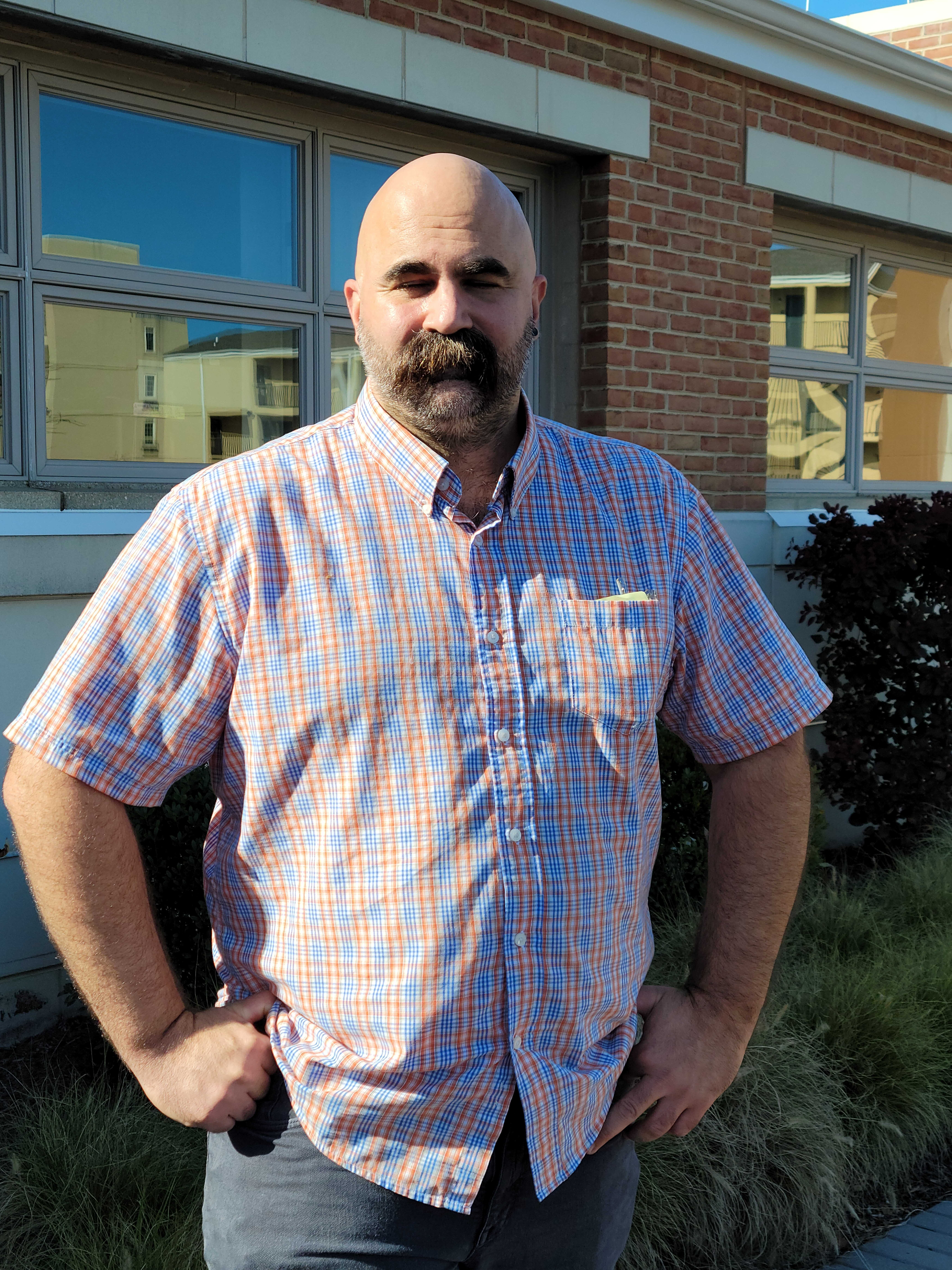
“I thought this was so important to our community, because the three of them, especially Sarah, they are breaking what I call the ‘lavender ceiling,’ in terms of as gay, and lesbian, and bisexual and transgender people becoming politicians, and advocating and getting out there on the campaign trail, and winning. And it gives faith that because they were elected that people aren’t as bigoted or hateful as we think around LGBTQ issues,” said Salvatore Seeley, who is gay.
He hopes the new lawmakers will introduce legislation that matters to the LGBTQ community, such as having LGBTQ education in schools, “whether that’s for students or whether or not we include a component where teachers and admins get trained around LGBTQ issues.”
Seeley, program director of health and wellness programs for CAMP Rehoboth, said having LGBTQ politicians in office gives young people confidence.
“When I was growing up, many gay, lesbian, bisexual, and trans people were closeted. And it was during the AIDS crisis, so all of our health concerns and political concerns as a community were centered around HIV and AIDS. Discrimination was still an issue, people were being gay-bashed. So coming out was not something I was wanting to do at that time. And I didn’t have those role models growing up and that was definitely impacting my life,” he said.
“But for these three to be out there and out in the LGBTQ community, that’s really going to impact our younger generation in saying, ‘There’s no shame in being who you are, that you can do what you want, even if that means running for political office.’”
Peter Cornelius DiBartola, 24 | Dover
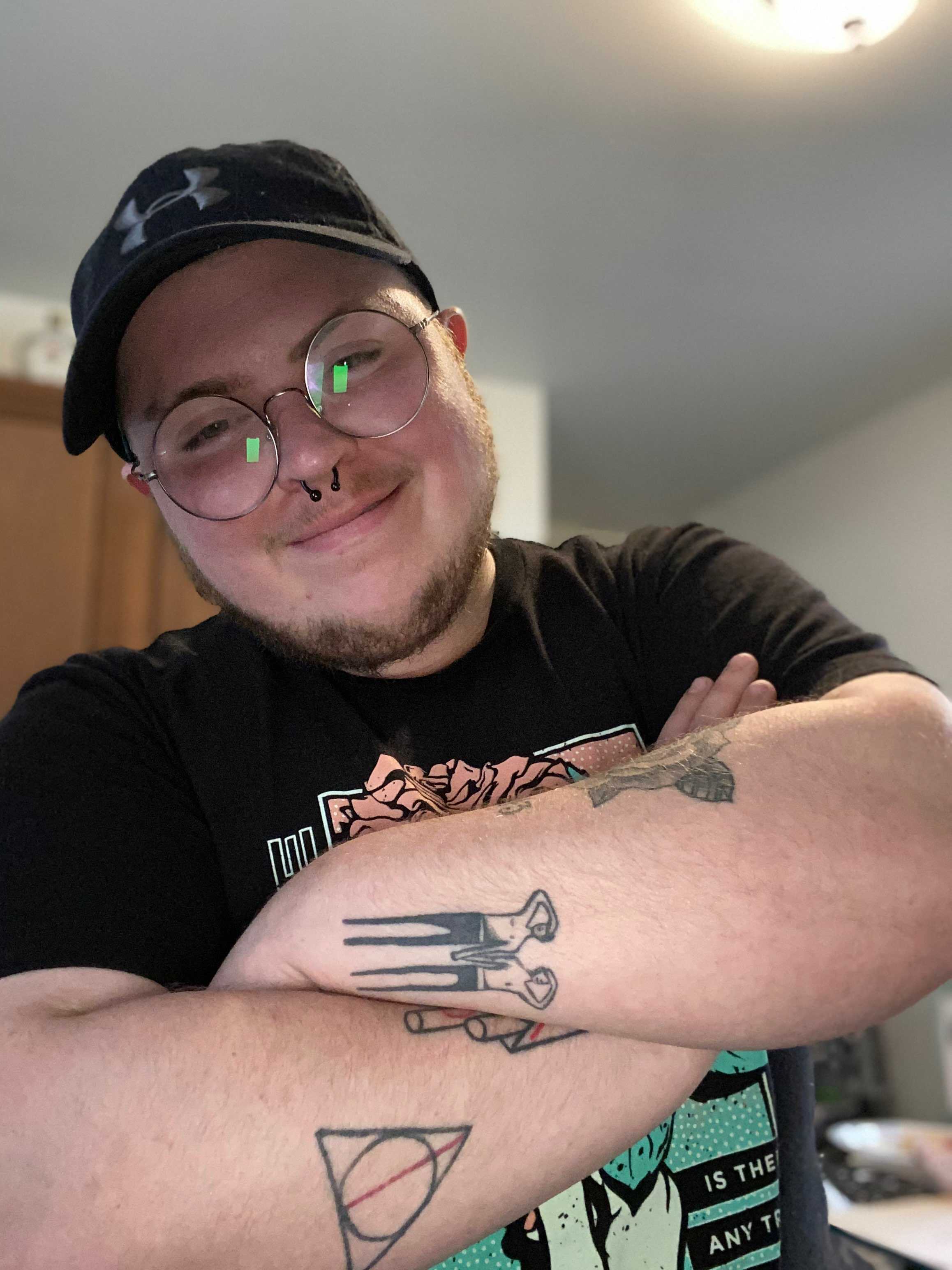
As one of the only transgender employees of the State of Delaware, and the only transgender employee of the Family Court, Peter Cornelius DiBartola is excited about Sarah McBride’s election.
“I finally have someone in office who is going to represent my views and try to do better for people in my community,” he said. “I’ve worked for the State of Delaware for three years and I’ve always wanted to get involved in state and local government, but I never thought I could, and Sarah winning put it in my head that yeah, I can do that. It’s not so far-reaching.”
DiBartola, who has been transitioning for about three years, said he must travel out of state to get his medical care. He hopes McBride will help improve access to healthcare.
“Somebody living that experience, whether they’ve gone out of state, or have had to deal with the same obstacles I’ve had, I just feel like she has the right mindset,” he said. “So do the other candidates. They might not be transgender, but they definitely represent the LGBTQ community. We don’t have a lot of resources in our community, and I feel as though getting them elected will help the community as a whole.”
Em Rowe, 30 | Wilmington
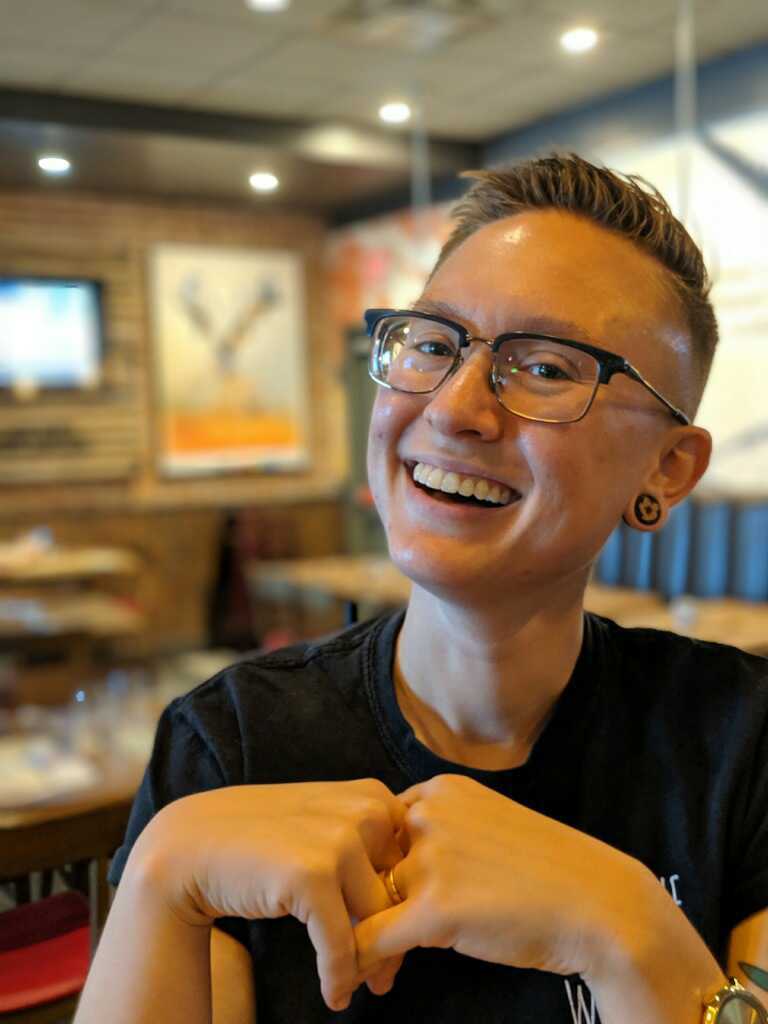
“I have a lot riding on this election year. I’m married to a woman, I am living my life as a queer person, a non-binary person, so to see, especially in Sarah, someone who identifies openly as trans, being supported in this way, and being boosted by her community in this way, it makes me proud to be a Delawarean, to be a Wilmingtonian, where I know everyone is cool with queer people. It makes me feel like I’m surrounded by a supportive community in this very personal way,” Em Rowe said.
They said it’s comforting to know that during a time where the Supreme Court is tilting conservative with the confirmation of Amy Coney Barrett, Delaware has political leaders who will protect LGBTQ rights.
“I think in Delaware it’s always felt safer than other parts of the country in this post-Trump America. I can’t imagine living in a red state right now, or a red part of a blue state. I’m from central Pa., so I know what it feels like being in this environment where admitting you’re queer as a politician would just be the end of your political career,” Rowe said. “I think in this time where we are facing Supreme Court nominations that could potentially take away our rights and we’re looking at this national scale where queer people are being put down, I think this is definitely a light spot in all that surrounding darkness.”
They said they hope by experiencing life as queer people, the new LGBTQ lawmakers will have a better understanding of the needs of the community.
“I think it’s about the ability for those who are queer, non-binary, trans, to be able to live our lives freely, and live our lives without fear, and be able to access spaces that we should have the right to access, so I’m thinking about bathrooms,” Rowe said. “I think having queer representation in politics brings to light those issues, whereas other politicians that are cis or heterosexual might not even be thinking about.”
Trevor A. Dawes, 54 | Wilmington
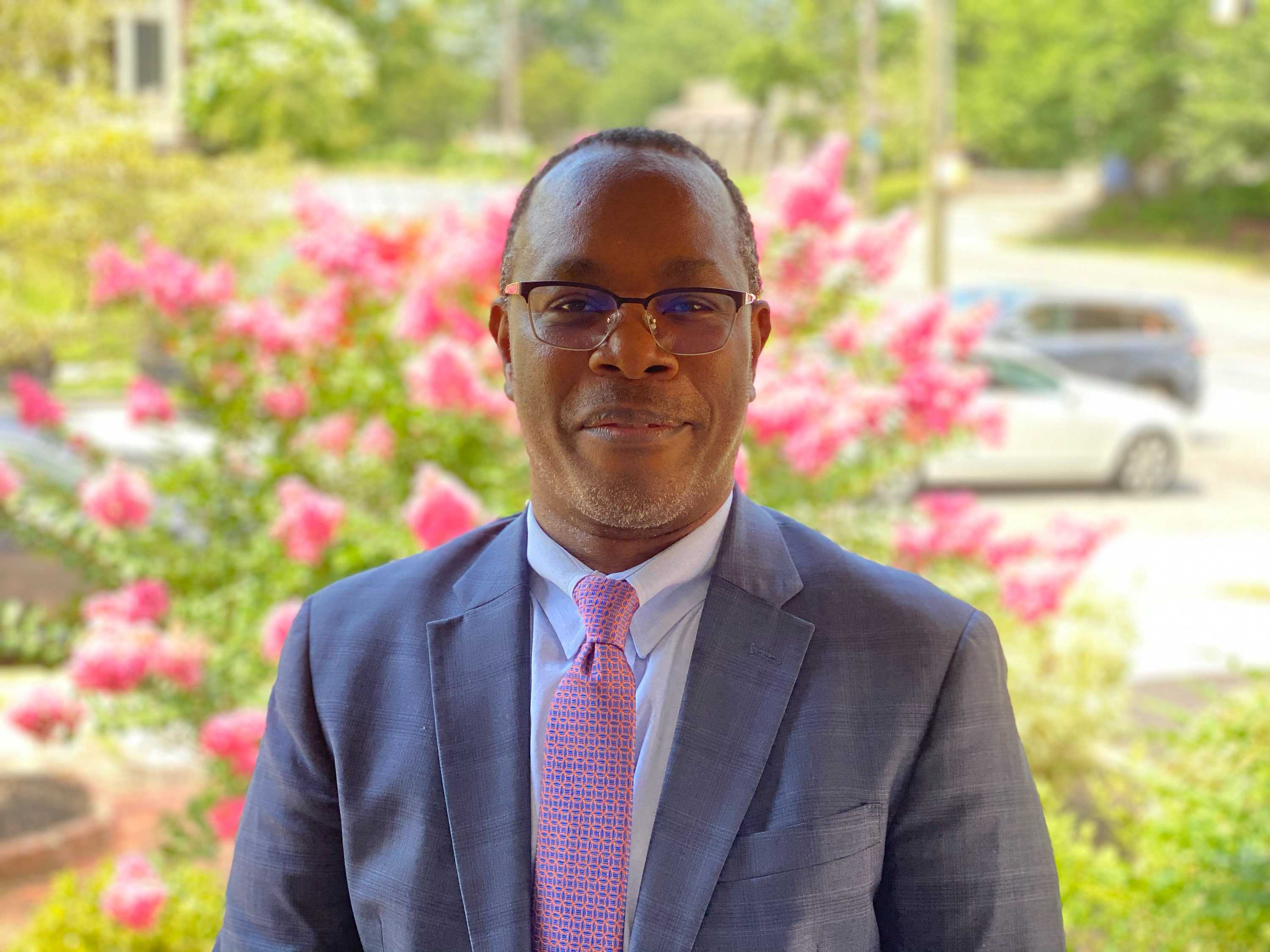
Trevor A. Dawes said it’s more important to vote for candidates for their platforms, and that LGBTQ representation is an added bonus to the newcomers’ progressive views.
“I am certainly happy they won the election because they represent traditionally marginalized populations in politics. And Sarah McBride is one of the people for whom I voted,” said Dawes, who is gay.
“I vote for people not based on their identities, I vote for people based on their political stance and for what they do. I also identify as Black, or gay, or male, or Jamaican-American, all of these intersectionalities. Some of the people who have been elected to office that have these identities don’t support, or can’t get the support for, others that identify the same way.”
He added that LGBTQ representation in government is long overdue.
“We haven’t seen as many openly LGBT politicians in office as we see now. The fact we’re talking in 2020, ‘The first person who identifies as X is elected to office,’ is shameful that it’s only happening in 2020. So it does send a message to others who didn’t believe this was possible for them that this is something they can aspire to if that’s what they want to do.”
Rachel Garcia, 35 | Bear

“It was really exciting, particularly for Sarah being the first trans person … I think it says a lot about the progress we’re making. Obviously, there’s a lot of work to be done, but having that visibility for the trans community is crucial,” said Rachel Garcia, a gay woman.
She said it’s important the new legislators address intersecting issues.
“I’m not only thinking about LGBTQ issues, but also the way they intersect with other identities. I also want to make sure they think about Black trans folks, brown trans folks, Black and brown queer people, because I think policy can impact some communities differently … thinking broadly in a progressive way; cleaner energy, criminal justice reform, healthcare for all, those issues also affect LGBTQ folks, so I’m not just thinking about things we typically think about for gay and trans folks, but other issues that impact the community as well,” Garcia said.
Ivo Dominguez, 61 | Near Georgetown

Ivo Dominguez, who is gay, said he was overjoyed when he heard the election results.
“Honestly, if you had asked me 10 years ago was that possible, I would have said, ‘Not in my lifetime.’ It’s a huge step forward, particularly for Sarah. The trans community is years behind the progress that has been made for the rest of the LGBTQ community,” he said.
Dominquez said he’s pleased young people will have representation.
“It means there will be young people that will have a better situation from the get-go than what I did. I come from an era where things were really quite dreadful. Not that they’re all that much better now. Having anyone that is a sign of hope that it is possible to make progress, that it is possible to be counted, just the impact it will have on all the LGBTQ youth is important, because honestly there’s a reason why suicide is higher in that community,” he said
“I’m really resilient, I had a lot of friends who weren’t. I certainly lost friends to suicide, and addiction, because they could not cope with the stress. I was beaten up X amount of times. I had fairly regular physical attacks, as well as the emotional distress. When you don’t have people in the public eye, I had no idea who to turn to for support. My parents were very religiously conservative, there was no internet and nothing in the public eye where I could say that’s someone I can call and say, ‘Is there anything you can do to help me?’ And even if I had not reached out, simply knowing they made it to that point in life would have been a sign of hope.”
Dominguez added that he believes people from underrepresented communities are innately more empathetic, which means LGBTQ representation benefits everyone.
“If you are LGBTQ of any flavor, you’re from the get-go interested in other peoples’ struggles. I hate to use buzzwords, but there’s an intersectionality to it, because if you grow up or come out into this community, you end up knowing people of different colors, of different religious backgrounds, of different gender identities. So you think more about, ‘Well, this is what women go through, this is what Latinos go through,’” he said.
Meg Hutchins, 30 | Newark
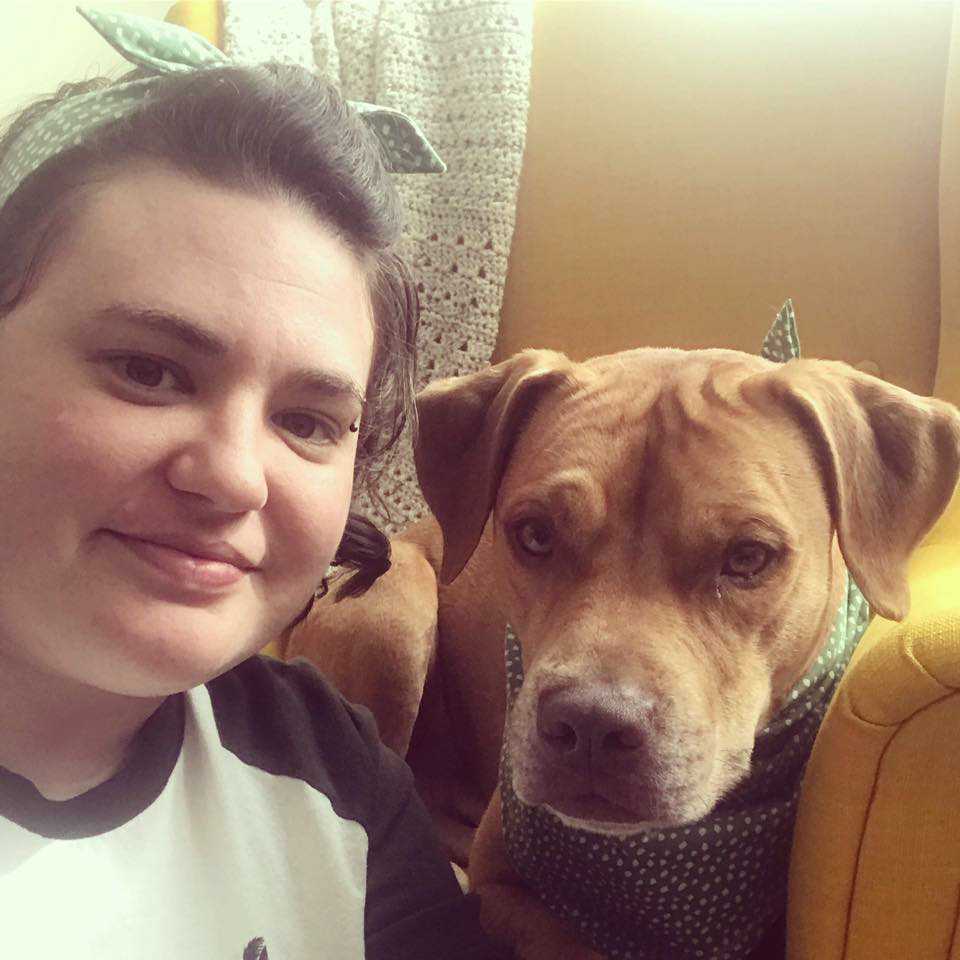
“I was very happy and relieved. Politics is very draining for most people. But I think for LGBTQ+ folks, the past four years has been very draining, and this election with everything going on, with the new seat on the Supreme Court being filled … that having LGBTQ+ people elected even locally is so stress-relieving to know that there are good people out there and there are good people representing us,” Meg Hutchins said.
Hutchins said having representation in government makes queer people feel like they belong, and also proves there is progress in society.
“The basis of any acceptance and growing as a community is seeing people. I came from a family in the northeast that comes from a very white-centric Protestant town, and being one of the first queer people many people in my family have met was very eye-opening for them. For youth seeing that their state senator is transgender, that’s just really empowering and it makes everyone feel comfortable and can do things and they don’t have to hide,” she said.
“It’s not perfect, we’re not 100% there yet. I think Pete Buttigieg running was a good thing because of his visibility. But I think actually winning at the levels we are is really important and will go a long way to facilitate the conversation.”
Hutchins hopes the new lawmakers will be able to help expand healthcare access.
“There’s mental health issues, there’s health disparities. As queer folks get old they tend to have to go back in the closet when they go into a nursing home. I hope having queer folks at these levels when they’re talking about healthcare they can bring about perspectives that aren’t always talked about,” she said.
Christian Williams, 28 | Newark
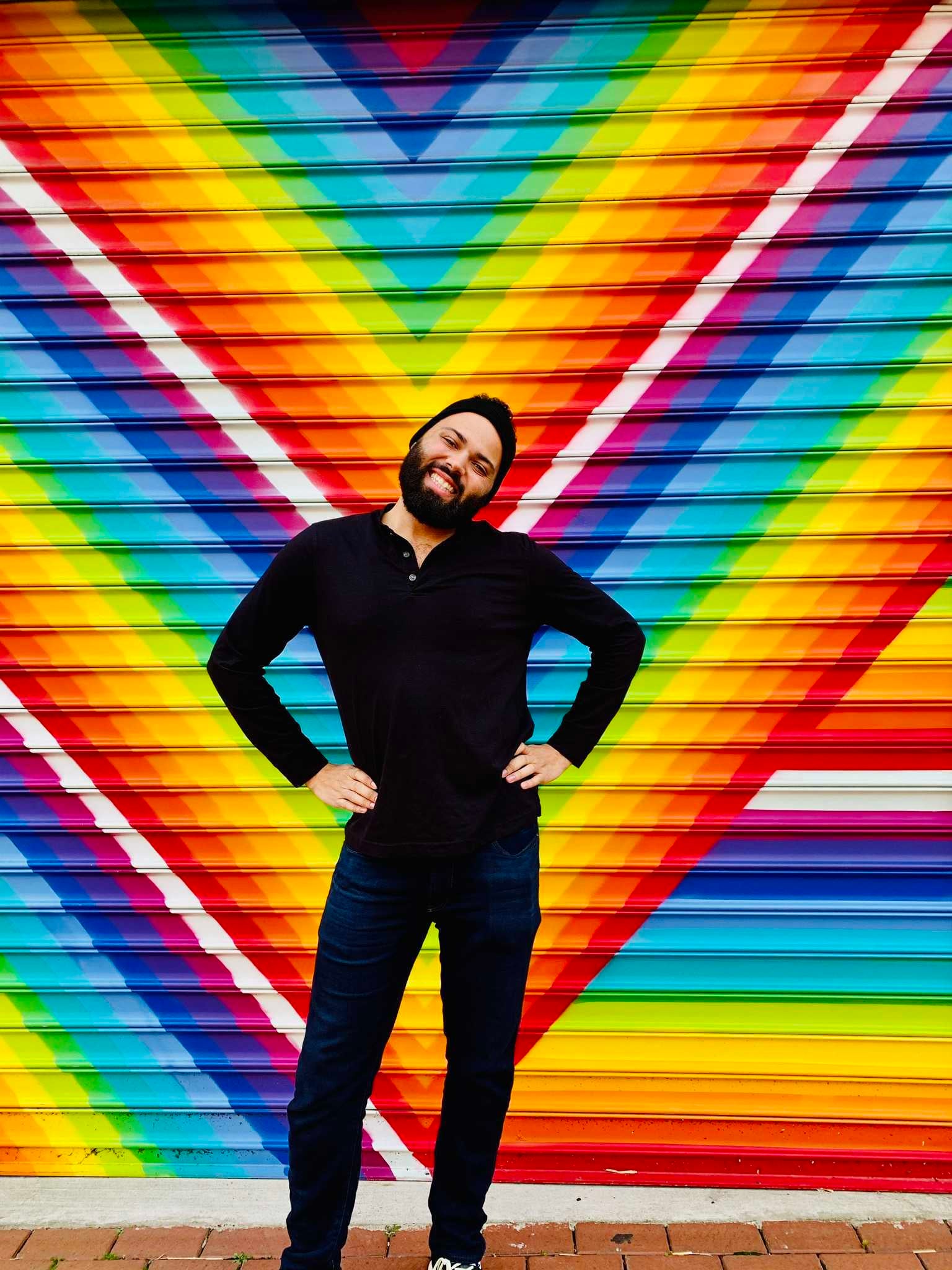
“For me, it reminds me to keep going. I’ve had a difficult couple of months myself, and as a nation, locally and nationally, so many of us are going through it, especially with the continued assaults on our rights, from the far-right, and the people who still can’t seem to grasp that we’re here and we’re going to stay, and we just want to live normal and happy lives and contribute to the future and prosperity of our local communities and our country,” said Christian Williams, a gay man.
Williams, who this year was recognized nationally in The Advocate Magazine for his LGBTQ advocacy, said it’s important to not only represent the LGBTQ community, but also other underrepresented groups.
“[Delaware is] a state that many people tend to overlook, and there’s a lot of leadership here, there’s a lot of potential here, and I think the state is making itself known for bold and inclusive leadership that is still due for more improvement,” he said. “We need to make sure we are intersectional, and make sure all different perspectives are counted. That’s very important for me as an Afro-Latino leader, and thinking of Richie Torres in New York [who this week won his bid for a seat in Congress], to me, that was something that was just as exciting as Sarah, because I get to look at someone like him and say, ‘There’s someone that looks like me inhabiting this space and making change.”
Williams hopes the new candidates will create employment opportunities for LGBTQ people, and ensure that employers not only hire LGBTQ talent, but retain them.
“I think having leaders in local government, they are able to help reinforce those expectations of employers regionally and make Delaware more attractive to LGBT people,” he said.
Amanda White, 51 | Wilmington
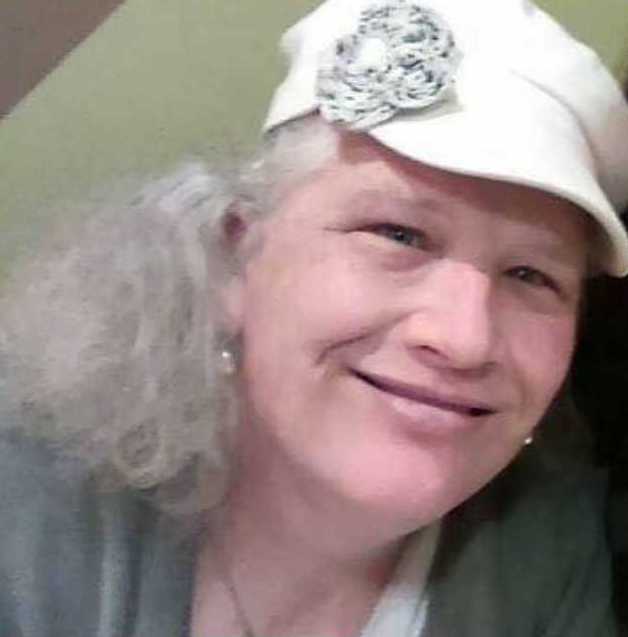
“It’s very promising to know our voice will be heard,” said Amanda White, a transgender woman. “I’m not one to say people should vote for her because she’s transgender, she had a good platform as well. But knowing you’re represented and knowing you will have a voice in the General Assembly is really promising.”
White hopes laws and regulations will be approved to protect transgender children in schools. Gov. John Carney pushed for regulations that would allow schools to not notify parents if a transgender student wants to use a different name than that used at home. It would also provide “access to locker rooms and bathrooms that correspond to students’ gender identity or expression.” However, after pushback from more conservative parents, the regulations were stalled.
White added that with a more conservative Supreme Court, it’s important to have progressive lawmakers on the state level.
“Heaven forbid something happens in the Supreme Court, it’s nice to know we have LGBTQ representation in Delaware to keep our state at least supportive of LGBTQ issues even if the Supreme Court starts doing away with federal protections,” White said.
Lukas Emory, 26 | Newark
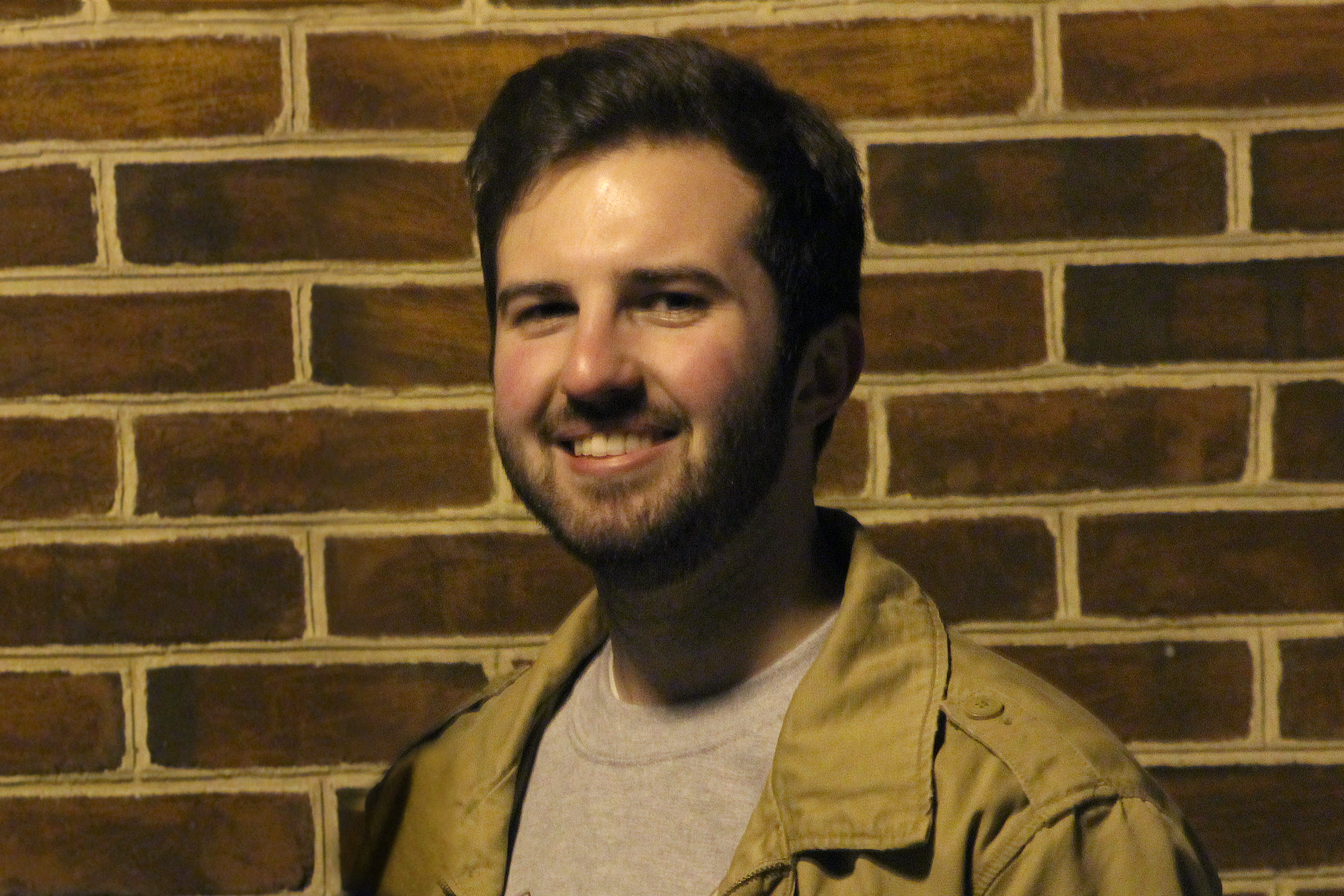
“While the LGBTQ experience is different for every single identity, there are at least going to be people at the table who have a perspective and insight into those experiences, whereas lawmakers and decision-makers who don’t have any friends or family or loved ones in that community can’t make such an informed decision,” said Lukas Emory, a gay man.
“For me it means I’m going to have my perspective at the table when conversations are had about the wellbeing of the LGBTQ community. It comforts me to know that while I’m not there, people who understand the community will be.”
He hopes the election of LGBTQ people into office will encourage young people to take local politics seriously.
“I hope it encourages them to listen to the conversations, because now they know it’s coming from people who know how to communicate with them,” Emory said. “This is my third time voting, I’ve had the opportunity to vote multiple times, and this being the first time I’ve looked into all of my candidates. I hope seeing there are queer people in the General Assembly means younger queer people will start doing that research earlier or start paying attention earlier than I did.”
Kathy Carpenter Brown, 58 | Lewes
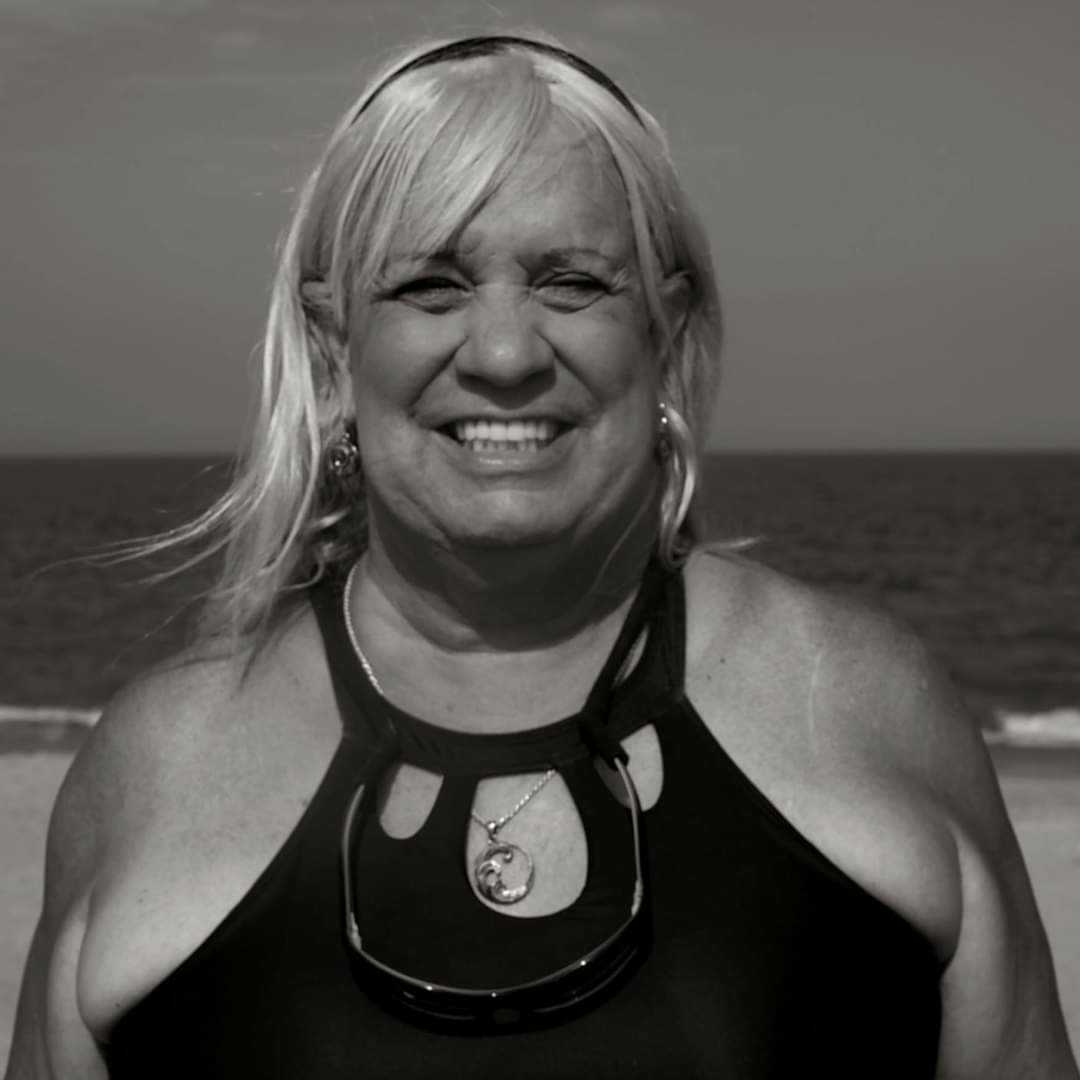
“It was a great relief, because I know the candidates running against them, and almost all Republicans, are against transgender rights, so of course I was elated they won,” said Lathy Carpenter Brown, a transgender woman.
“I feel like I have somebody who is looking after my rights, rights that have been taken away in this last presidential period. We’ve had to fight to get healthcare, we’ve had to fight to use the bathroom, we continue to fight for acceptance and tolerance from the gay community and the cisgender community, so for me personally, them getting into office means there’s someone there looking after my rights.”
She said transgender people haven’t been represented in a positive light in the public and the media, so electing Sarah McBride is a positive step in the right direction.
“We need positive role models. Unfortunately, the role models people see for transgender people are found on Jerry Springer, or places like that. We have people like Sarah McBride out there who is well-spoken and elegant, and she’s well-accepted and she’s clear in what her purpose and goals are,” Carpenter Brown said.
She said there’s more work that needs to be done for the transgender community, particularly in Sussex County, where she lives.
“One thing we desperately need in Sussex County is a community center that’s inclusive of all people, we need a gender clinic where we have doctors and specialists where people feel comfortable and have the knowledge and teamwork, because they need both physical and mental health when dealing with transgender issues, and we need an LGBTQ community center.”

Get daily updates from WHYY News!
WHYY is your source for fact-based, in-depth journalism and information. As a nonprofit organization, we rely on financial support from readers like you. Please give today.



